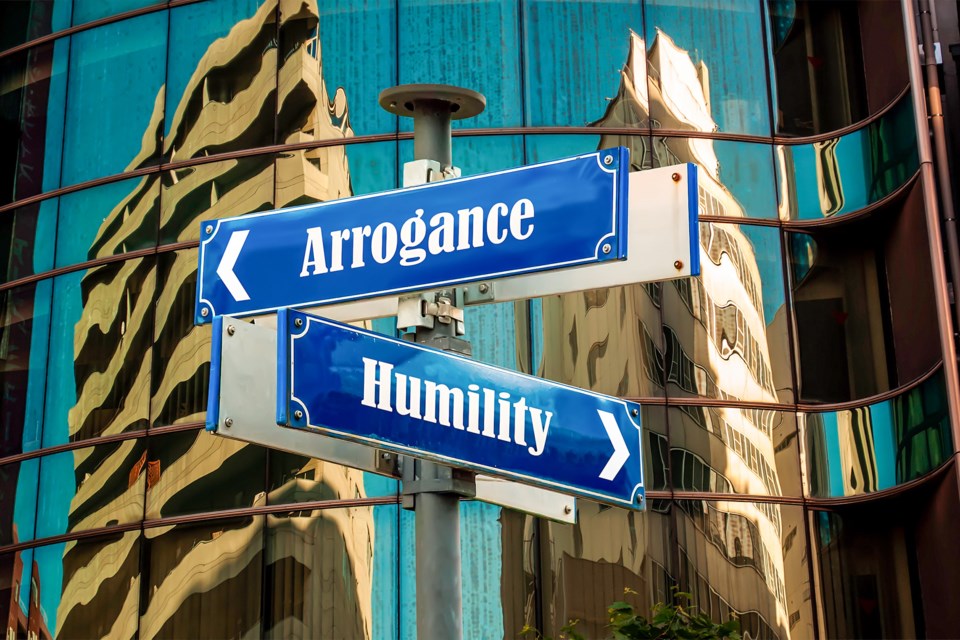I remember 50 years ago coming home from high school in suburban London, England with a book of modern history. My mum looked at it aghast. “That’s not history! I was alive then.” She was, as was I in the 1990s. Alive, aware, and active. So, my initial approach to a history of that decade was somewhat skeptical. What can someone tell me that I didn’t already know? I lived through it, so I had to be an expert.
Turns out, I’m not such an expert and I can learn quite a lot. James Brooke-Smith is a teacher of English and Film Studies at the University of Ottawa, and he’s written a book called Accelerate! A History of the 1990s. It really is quite excellent, and I’d recommend it to anyone who wants an insight into a seminal decade in world history. Mind you, I suppose all decades are vital in their own way.
The book is delightfully eclectic and repeatedly informed, the author tackles subject from English soccer to Christian fundamentalism, post-modernism to international terrorism. He’s honest, sometimes genuinely funny, always intelligent and interesting, usually wise
This is all so important because history does have a worrying tendency to repeat itself, and right now we’re going through a period of enormous and potentially disastrous challenges — sometimes, in fact, ones so profound and disturbing that they make the ‘90s seem positively easy and passive. We need to learn from mistakes as well as successes, and base ourselves firmly in what has gone before.
In Canada we’re seeing the rise of a new conservatism that makes earlier versions appear moderate and liberal — truth be told, they actually were often moderate and liberal. We also see division and polarization that I haven’t seen in my 36 years in this country. Abroad, there is war, instability, and economic uncertainty. And the promises of recent years — no conflict in Europe ever again, a long-term peace in the Middle East — seem like fantasies and dreams. Learn from history. For God’s sake learn from it!
The author of this bookends the era with the fall of the Berlin Wall in ‘89 and the attacks on the Twin Towers in 2001. I’d never really considered that. But, as he emphasizes, a decade is just that — an arbitrary collection of ten years. The world doesn’t automatically change because of an unnatural statement of chronology. Millennial fanatics proved that well enough.
What the ‘90s did do, and this is something the book describes rather well, is provide a question. Were the ‘90s a time of relative ease, moderation, and reasonable world leadership, setting the pattern for the future; or a time to breathe deeply before we submerged once again?
As should be the case with all good history, Brooke-Smith doesn’t give ironclad predictions or draw too many conclusions. Good Lord, even history itself isn’t immutable, and the reputations of past leaders and events change as schools of history develop. We see history through the prism of experience.
There’s inevitably a certain filmic influence in the book but that’s no bad thing. Movies shape minds, and minds shape movies. What we watch on the screen both reflects and shapes our time. If I do have a criticism, it’s that there’s simply too much taken on in a medium-length book. To cover the 1490s in a single volume is one thing, the 1990s quite another. The amount of material available is voluminous beyond number, so it’s unavoidable that just as we’re introduced to Red Bull, modern racism, urban music, or new age travellers, we have to move on. Rather like following the butterfly, it’s almost always intriguing but there’s little time to stop and wonder.
But that’s, as I say, unavoidable, and the author makes no claims of being definitive. Indeed, that would be an absurd and imploding boast. This is information and brief dissection, inviting readers to go further independently.
“The exercise of historical memory faces new challenges in the twenty-first century,” he writes. “Drowning as we are in digital information, it is harder than ever for us to sift signal from noise.” This is good, very good. We once knew too little, now know so much. Too much? No, that can never be the case, but what is worth knowing and what takes us away from truth? I’m very glad I got to know this book, partly because it read so well but also because — as I say — if we understand the past we’re more likely to improve the future.

